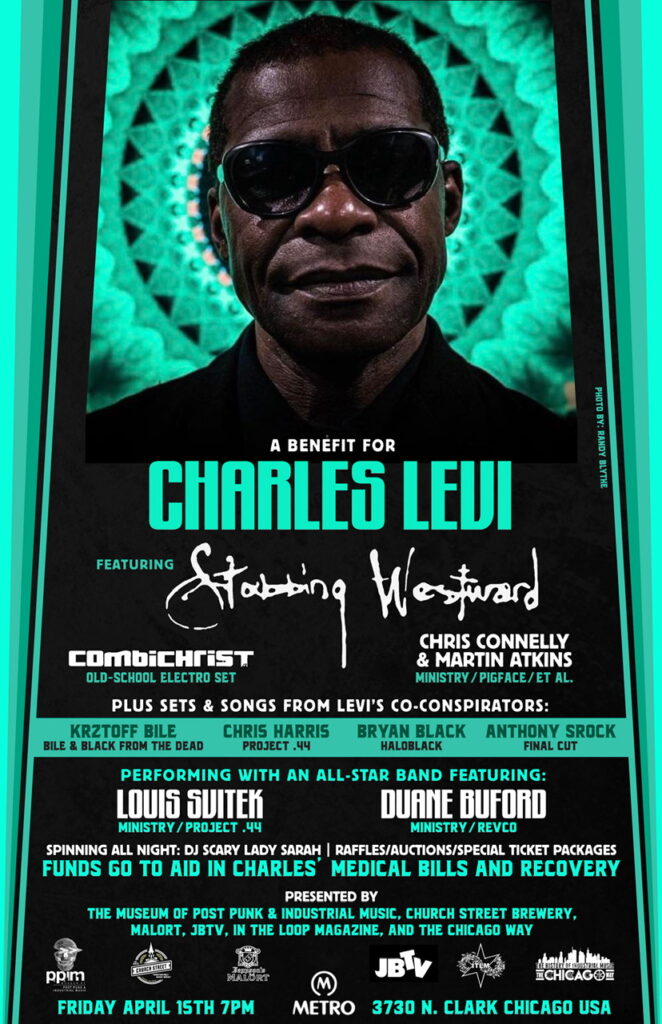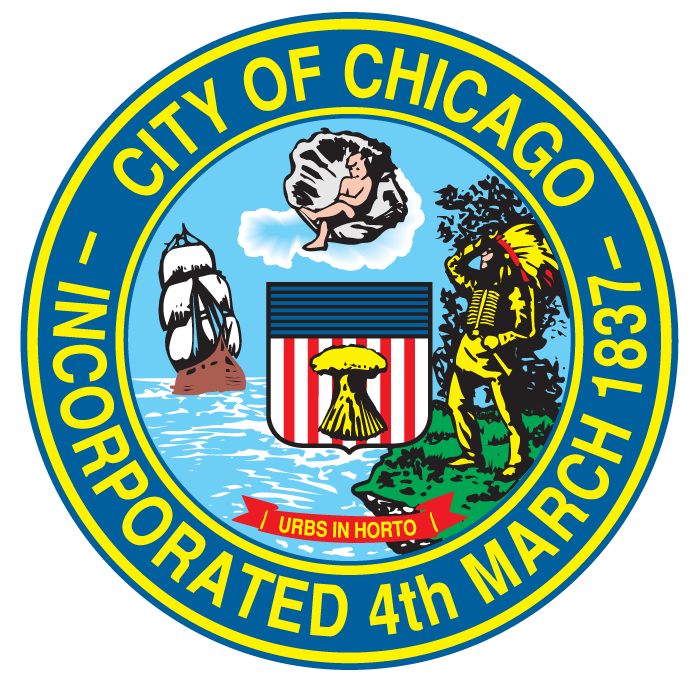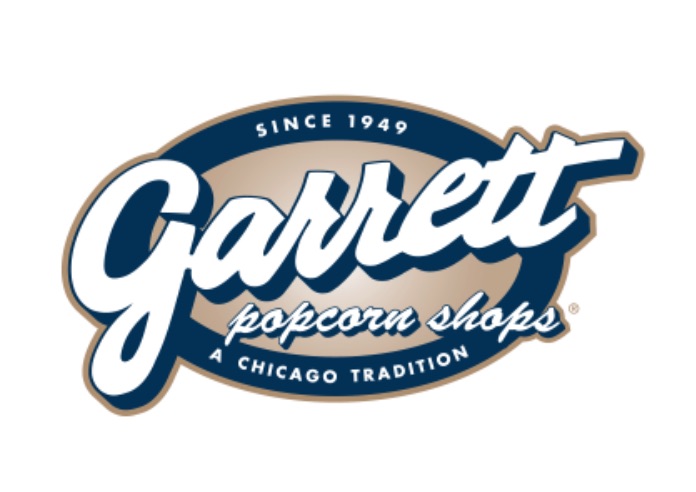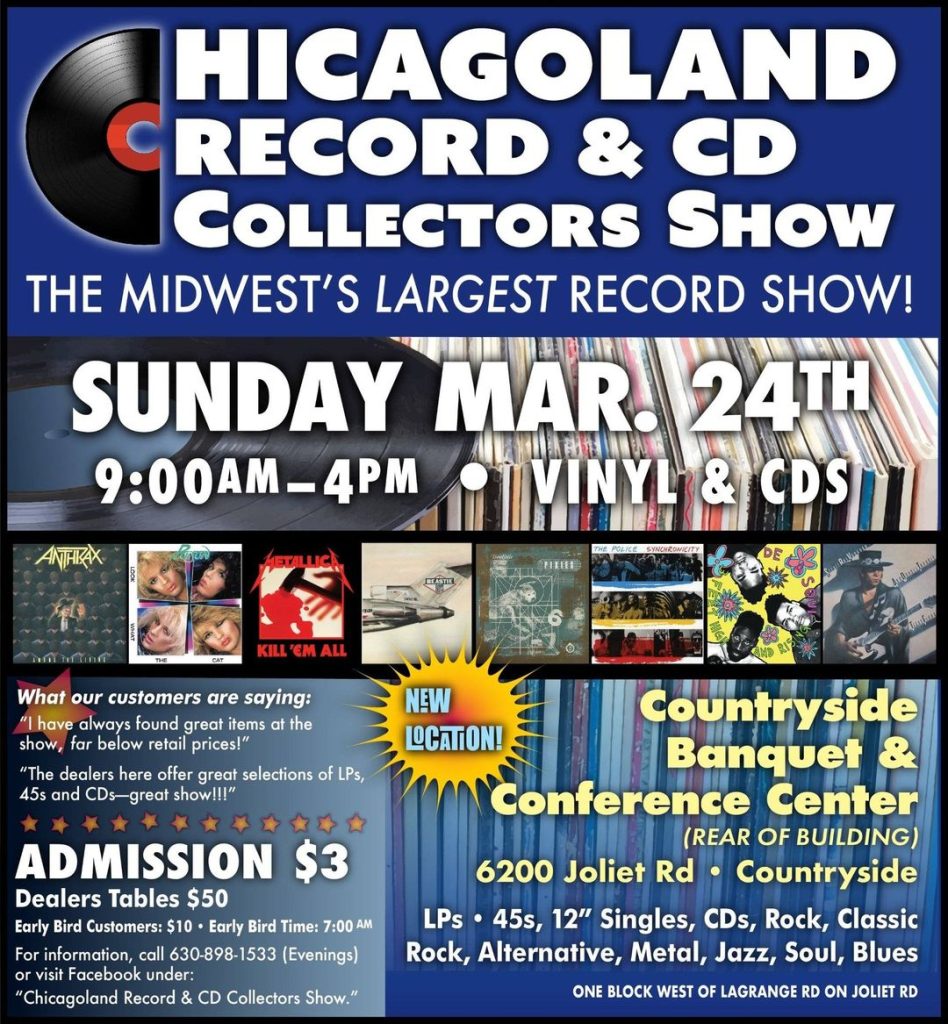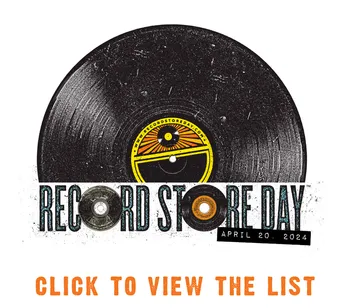Latest News
- Legendary Mask Maker, Zagone Studios, Approaches Fifty-Years Of Innovation Right Here In Chicago
- Photo Gallery: Los Lobos live at Space (Evanston, IL) 2025
- A Swingin’ Sleigh Ride: Squirrel Nut Zippers to Hit the Road for the Holidays With One Night Only Here In Chicago
- Hubbard’s Phenomenal Fall Series Stresses The Urgency Of Human Connection
- Martin Atkins Resurrects A Post-Punk Beast As Killing Joke’s Extremities Roars Back To Life At Reggies For Two Nights
- Photo Gallery: Martin Atkins Presents: Killing Joke Extremities @ Reggies Chicago
Chicago House Returns: From Underground Pulse to Global Revival
Oct 22, 2025 admin_bitlc Features, Music News, Reviews 0
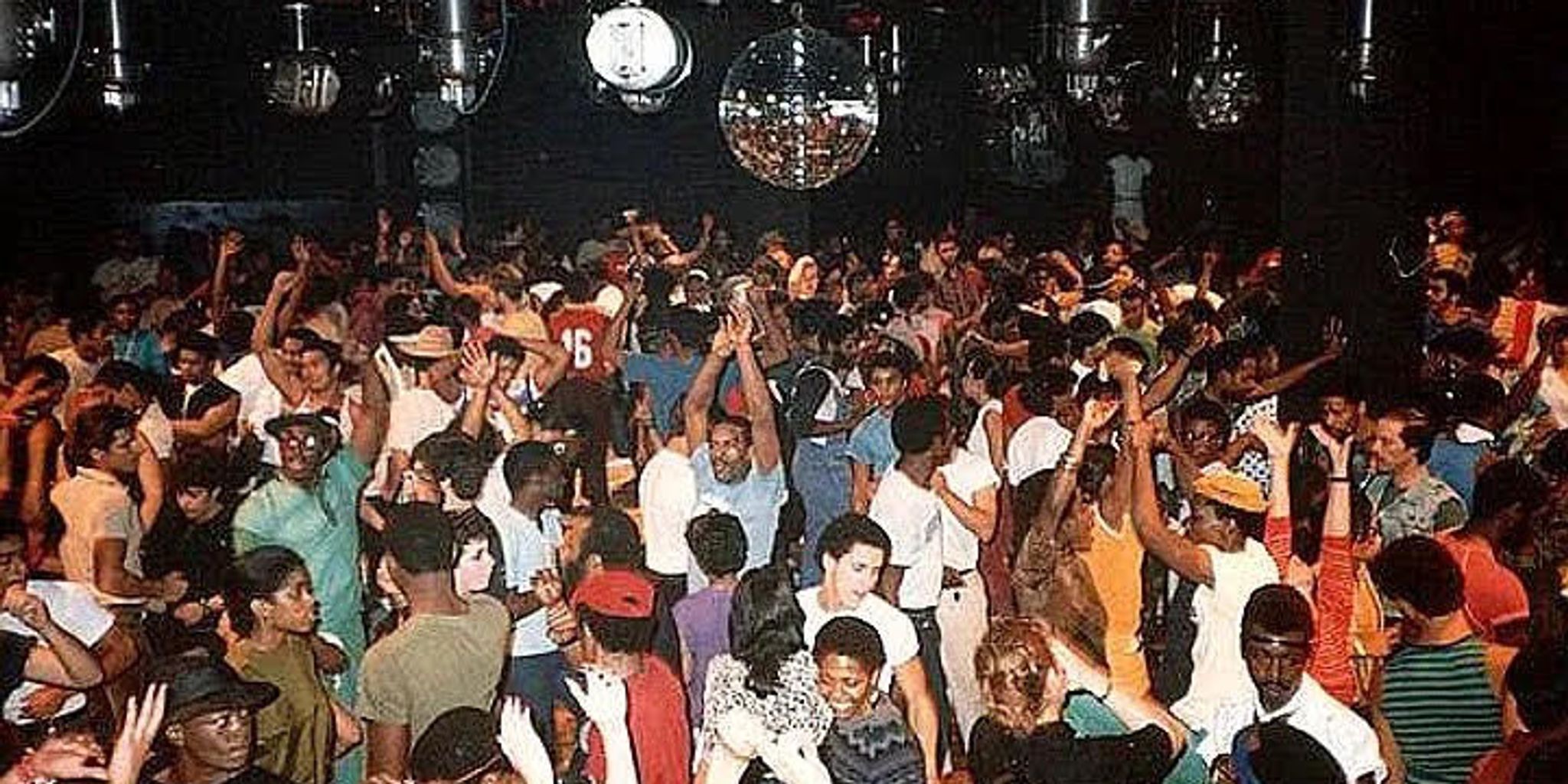
By Harrison Kristoff
The lights are low, the speakers thrum with a deep, relentless bass, and the crowd moves as one. In a dimly lit basement in Chicago, it feels like 1983 all over again — but this isn’t a flashback. This is the rebirth of the Chicago house underground.
Where It All Began
House music was born out of necessity, creativity, and community. In the 1980s, DJs like Frankie Knuckles, Ron Hardy, and Larry Heard were transforming dusty disco records into hypnotic, drum-driven magic. Clubs like The Warehouse and the Music Box weren’t just venues — they were sanctuaries. “It was about creating a space where everyone felt free,” remembers one longtime Chicago DJ. “Black, Latino, LGBTQ — we all came together and found ourselves in the music.”
The beats were raw, repetitive, and infectious. The sound of Chicago itself — industrial, relentless, alive — coursed through every track. House wasn’t just music; it was a movement.
The Highs and the Crash
By the late ’80s, the world noticed. British clubs were importing Trax Records, and “Jack Your Body” by Steve “Silk” Hurley topped charts. Chicago house went global. But with fame came friction. Big labels demanded radio edits, clubs closed, and the scene that had been a sanctuary for underground culture began to fracture. By the mid-1990s, Chicago house had faded from the mainstream spotlight. The pulse slowed, but it never stopped.
“Even when people said house was dead, we kept playing,” says Derrick Carter, one of Chicago’s legendary DJs. “It never went away; it just went back underground.”
The Underground Never Sleeps
While the world chased techno and trance, Chicago’s basement parties, tiny clubs, and DIY venues kept the fire alive. DJs like Gene Farris and DJ Deeon were pushing the sound forward, mixing classic house with ghetto house, deep house, and tech house. Old vinyl records became treasures, rediscovered by a new generation hungry for authenticity.
Social media, streaming, and renewed interest in analog gear helped Chicago house connect with fans worldwide. “Kids today are finding these old tracks and realizing the music still speaks to them,” says a local producer. “The beat is timeless.”
Back With a Bang
Today, Chicago house is reclaiming its throne. Clubs are thriving, festivals feature “Chicago nights,” and veteran DJs share the stage with new talent. The music has evolved — it’s heavier, faster, experimental — yet it still carries the spirit of the city: gritty, soulful, and unapologetically inclusive.
This comeback isn’t just about nostalgia. It’s about proving that a true underground movement never dies. Chicago house continues to push boundaries, bringing together communities, inspiring global DJs, and reminding the world why it all started on those smoky floors decades ago.
“You hear the bass and you remember why we do this,” a clubgoer shouts over the crowd. “It’s not just music. It’s Chicago.”
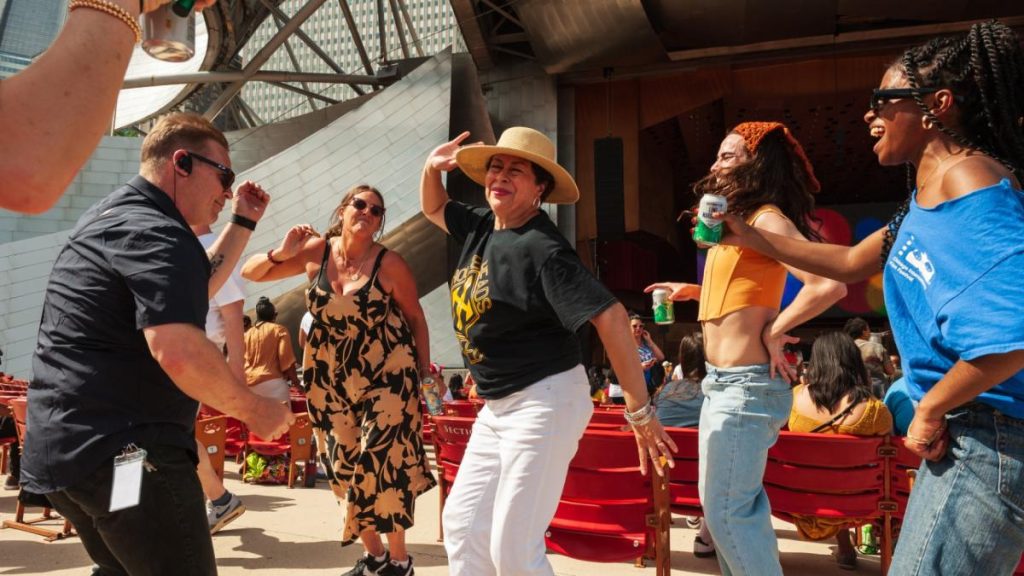
Chicago House Icons: Then & Now
Frankie Knuckles – The Godfather of House
- Era: 1970s–1990s
- Claim to Fame: Resident DJ at The Warehouse, credited with pioneering house music.
- Legacy: Knuckles transformed disco into the hypnotic, drum-driven sound that became Chicago house. He championed inclusivity and created safe spaces for LGBTQ and Black communities on the dance floor.
- Quote: “House music is a feeling, a place where everyone can belong.”
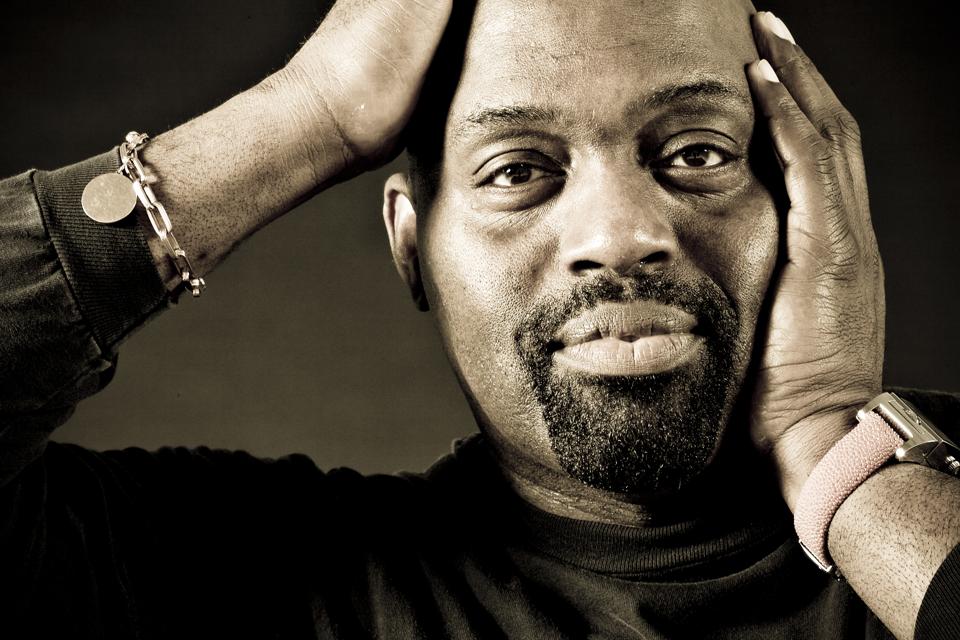
Ron Hardy – The Mad Genius
- Era: 1980s
- Claim to Fame: DJ at The Music Box; known for intense, high-energy sets that pushed the boundaries of house.
- Legacy: Hardy’s fearless approach to mixing and live remixing inspired generations of DJs worldwide. His influence is felt in the raw, edgy sound of modern ghetto house.
- Quote: “It’s not about perfection. It’s about energy — making the people feel alive.”
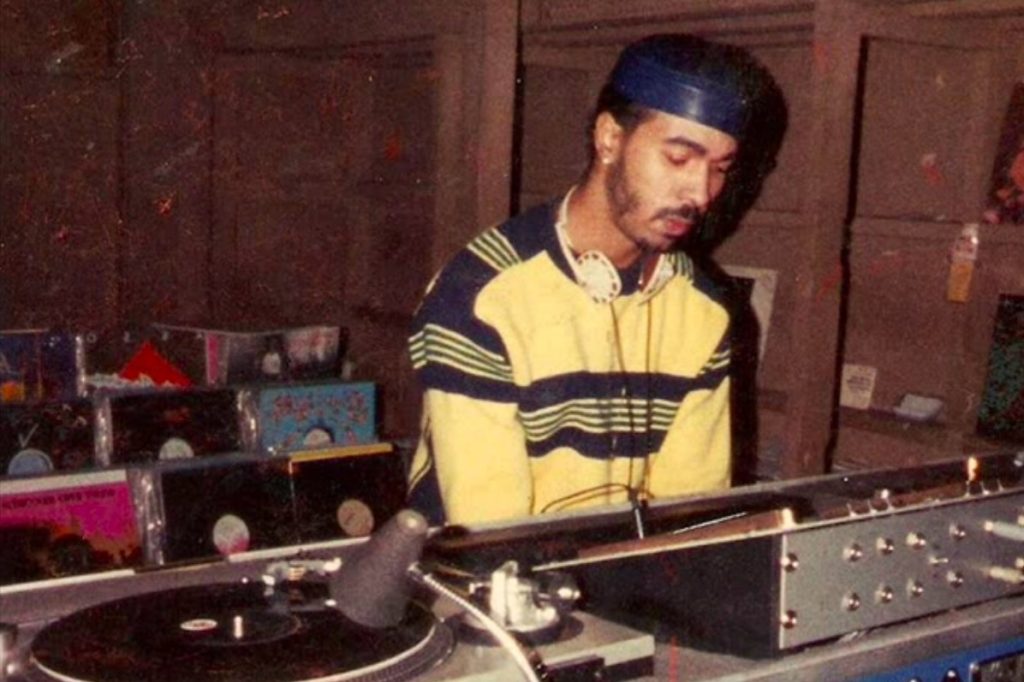
Larry Heard (Mr. Fingers) – Deep House Pioneer
- Era: 1980s–Present
- Claim to Fame: Tracks like Can You Feel It and Mystery of Love defined deep house.
- Legacy: Heard brought melody, emotion, and sophistication to Chicago house, balancing the raw club energy with soul.
- Quote: “I wanted house music to move the body and the heart.”
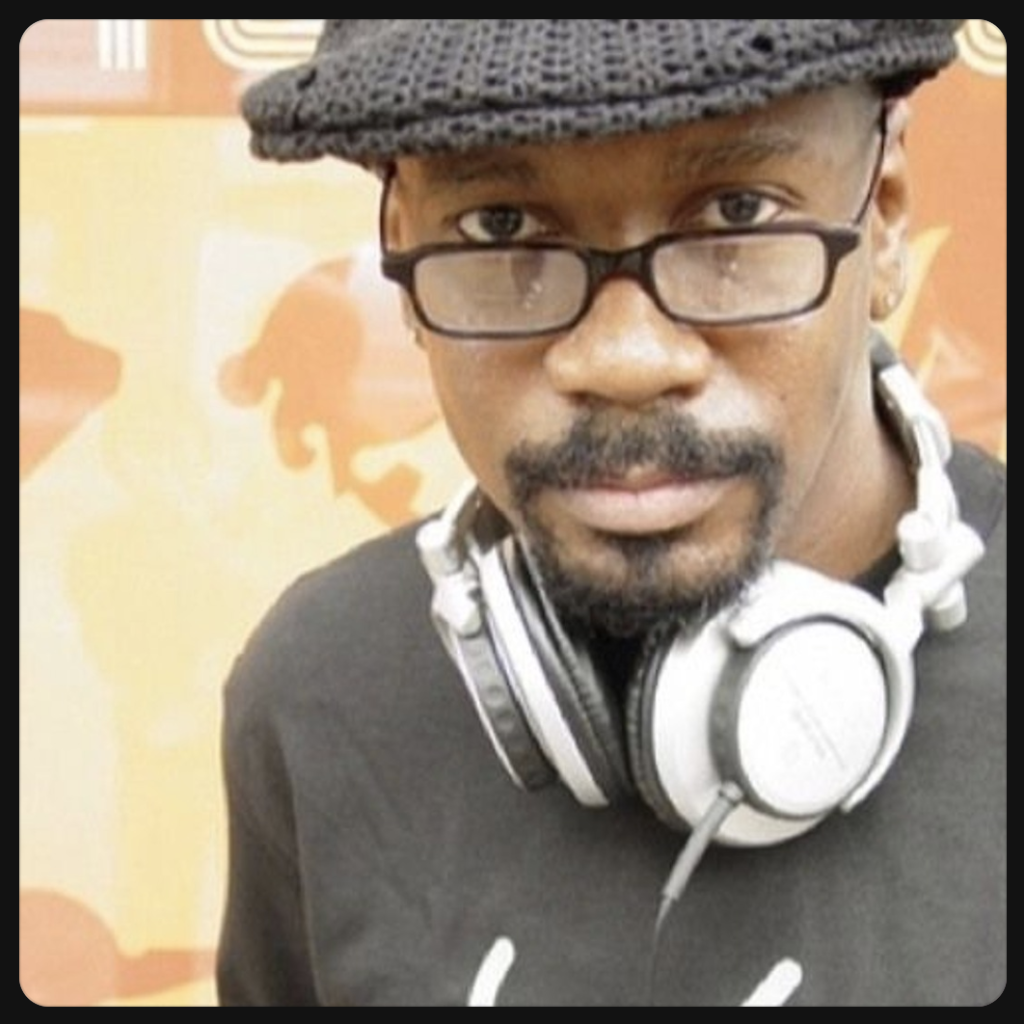
Derrick Carter – The Underground Lifeline
- Era: 1980s–Present
- Claim to Fame: Chicago DJ and producer keeping house music alive through decades of change.
- Legacy: Carter bridged generations of house music, blending classic Chicago grooves with modern experimentation.
- Quote: “Even when people said house was dead, we kept playing. The music never left.”
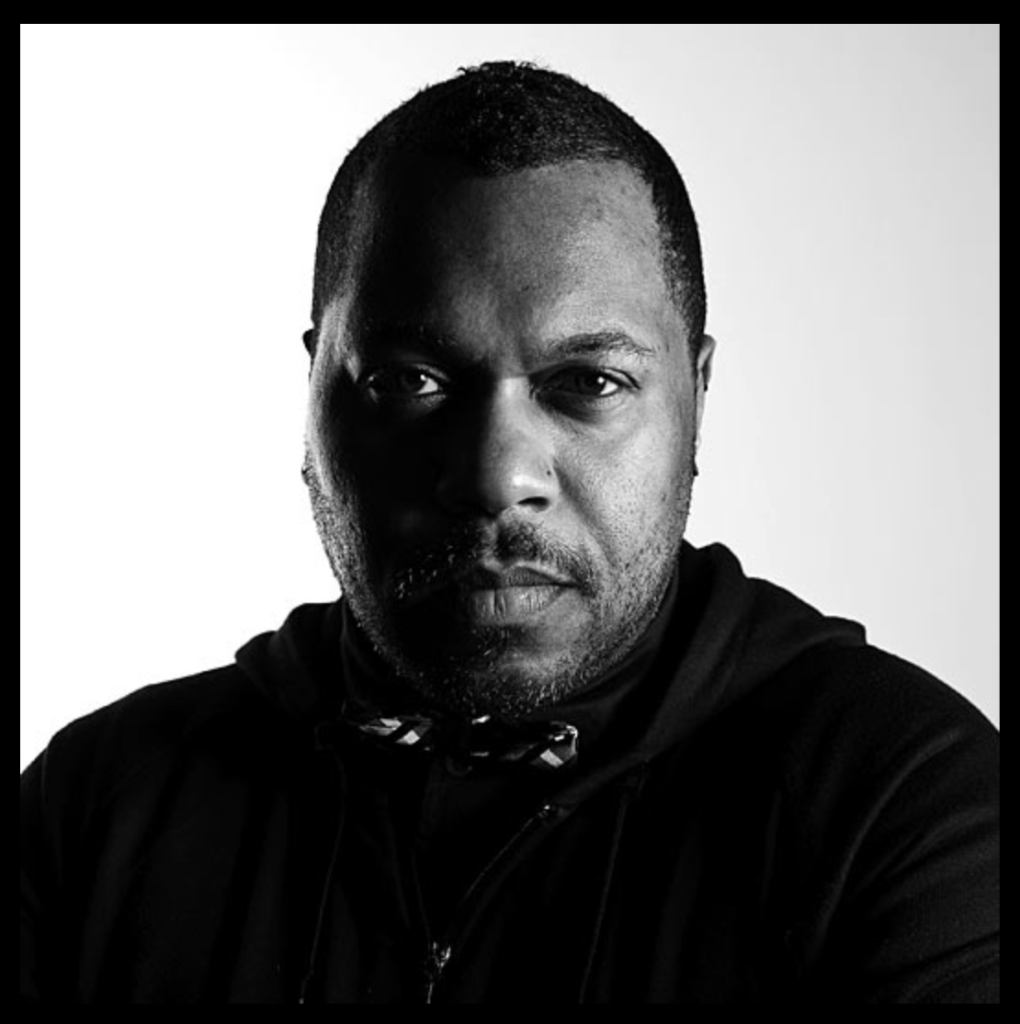
Gene Farris – The Modern Torchbearer
- Era: 1990s–Present
- Claim to Fame: DJ and producer bringing Chicago house to new audiences and international stages.
- Legacy: Farris combines classic house sounds with cutting-edge techniques, representing the genre’s ongoing evolution.
- Quote: “Chicago house is alive because the city believes in it — every beat tells a story.”
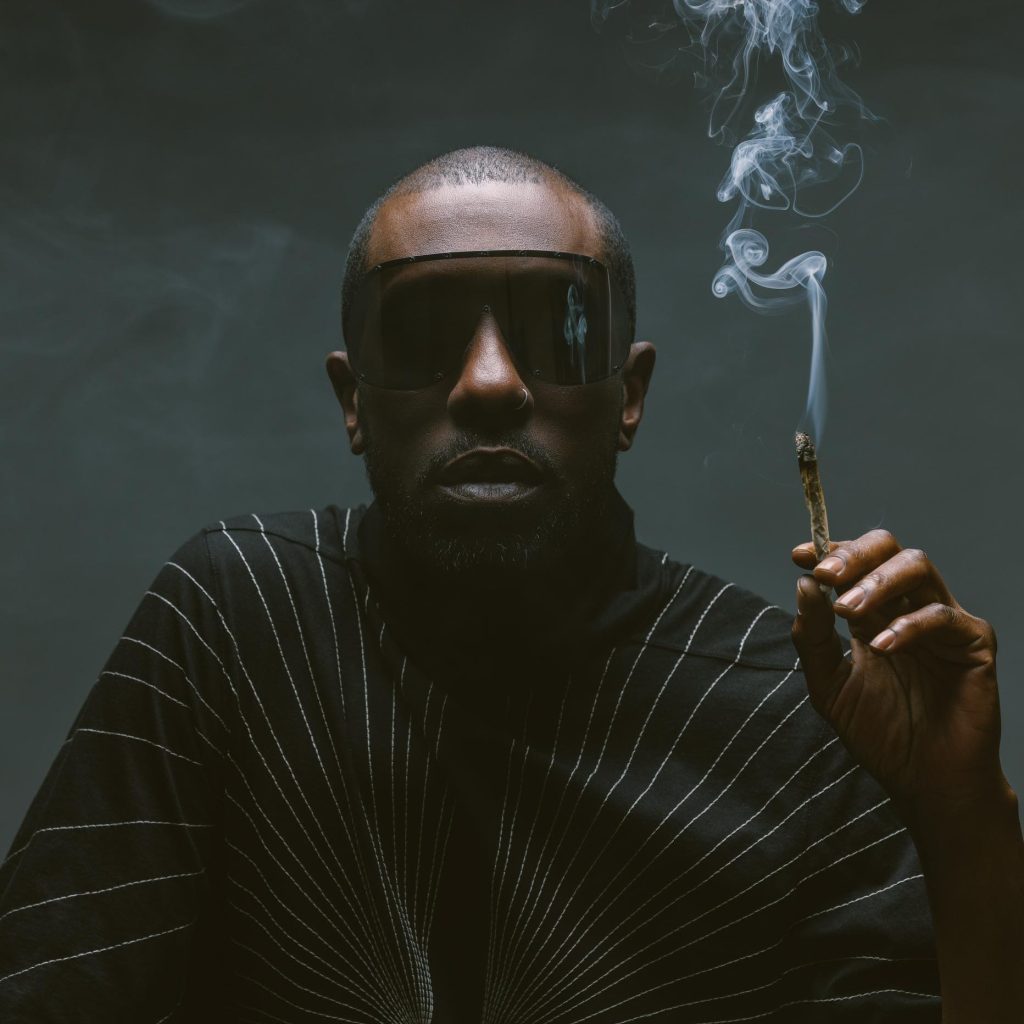
- Chicago House Music, DJ Deeon, Frankie Knuckles, Gene Farris, Larry Heard, Metro, Ron Hardy, smartbar, Trax Records, Underground
Related Articles
-
 Riot Fest 20th Anniversary Isn’t...
Riot Fest 20th Anniversary Isn’t...Aug 05, 2025 0
-
 Chicago’s Own, Sons Of The Silent...
Chicago’s Own, Sons Of The Silent...Jan 13, 2025 0
-
 Sons of the Silent Age Metro Chicago...
Sons of the Silent Age Metro Chicago...Jan 13, 2025 0
-
 Photo Gallery: Two Door Cinema Club @...
Photo Gallery: Two Door Cinema Club @...Aug 11, 2024 0
More in this category
-
 A Swingin’ Sleigh Ride: Squirrel Nut...
A Swingin’ Sleigh Ride: Squirrel Nut...Dec 03, 2025 0
-
 Hubbard’s Phenomenal Fall Series...
Hubbard’s Phenomenal Fall Series...Dec 02, 2025 0
-
 Martin Atkins Resurrects A Post-Punk...
Martin Atkins Resurrects A Post-Punk...Dec 01, 2025 2
-
 Paul McCartney Closes “Got Back”...
Paul McCartney Closes “Got Back”...Nov 26, 2025 0



